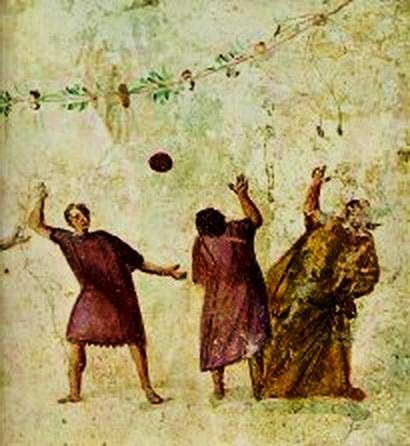Domus Caesari, 25th of September 127 CE
Hadrian looked at the map in front of him, lips pinched. On it were the new borders of the Empire. He’d wanted to consolidate them, but in the end he’d expended on many of them, at a much higher cost than he’d wanted. The treasure was rather empty, and he now had to recruit new men to fill the gaps in the legions. Of course the Empire now had much more land to exploit, especially the good horse land of the Iazyges. But he was concerned, for conquering those new lands had shown some deficiencies in the roman way of war, as well as some disturbing traits in his successor’s behavior. Voltinius had shown a cruelty against the western barbarians that was appalling.
Of course Hadrian himself would never shy of ordering violent reprisals. But here Voltinius had simply ordered a genocide, using the tactics the divine Caesar had used against the Eburon almost two centuries ago. The lands of the Hermunduri and those of the Marcomanni were now pillaged by roving bands of Germans from other tribes eager for plunder and slaves, invited by Voltinius himself. Part of the Hermunduri’s land had even been annexed after the legions had depopulated them, another bit of land beyond the Ister river that would have to be defended… The VIII Augusta legion had been moved from its base at Argentoratum to a new position while new roads were built from Mongotiacum, Augusta Vindelicorum and Vindobona toward the legion’s new home, called Hadriana Hermunduriana.
Further east other changes had taken place in the new trans-isterian provinces : the IV Flavia Felix had moved north to the great bend of the Tisia, where a new base had been built for them at a point where a new road for Aquincum crossed the river before going east alongside the river’s southern shore. It would be a number of years yet before the road was complete, but it would in the end go all around the Carpathian mountains, with two other legionary bases built alongside it for the VII Claudia, north of Apulum, and for the XI Claudia, mid-way between the new base of the VII and the base of the V Macedonica at Troesmis. Between those forts a limes would be built, with a large berm on the southern side of the river dominated by a number of towers and auxiliary camps to warn against any raid coming from the other side of the river.
The XIII Gemina would stay in the heart of Dacia while the I Italica would take responsibility for defending the Ister river and act as a reserve should there be troubles in the north. Still, they had a lot of lands to cover, and only cavalry would do. He’d have to raise new auxiliary units to patrol between the bases and act as a fast reaction force against raids… But the war had shown that roman cavalry did not have the skills of those tribes and would probably never have them… Reports from the front had mentioned some units doing much better than others thanks to new equipment and tactics. He’d have to look about that…
But they would need support, they would need taxes, they would need food, they would need space to train. Drain on resources… How could he succeed in developing new sources of funding ? He needed new ideas, fresh ones that would not come from the usual court sycophants. He’d had his personal slaves look for some candidates, and remembered that interesting officer, Arrianus, who’d shown some interesting ideas on fighting cavalry. Indeed he might be a good man to investigate those new tactics he’d heard about…
He’d also read report about the man that said he’d set about making his trans-danubian lands prosper, so maybe he could be of use there too. Of course that would mean promoting him to a rank of governor, something he was not really ready for. After all he had not yet held a consulship. Well of course that could alway be solved in a rather easy way, but the man was one or two years too young, that would rustle feathers in the Senate…
The fact he’d needed to move the VII Gemina from Hispania to the front was also worrying him. The Barbarians had coordinated their revolt one a very wide front, wider than anyone ever expected in Rome : close to a thousand miles had erupted in anger against the Empire. Had this revolt come at the same time as a Persian attack, the results would have been disastrous… Logistics had been stretched thin, with no less than 9 legions engaged simultaneously, more than a hundred thousand men if one counted the auxiliaries, about one third of the men under arms in the Empire.
The devastation in the Agri Decumanes had also shown the vulnerability of many settlements to the Barbarians. Had they broken through they’d have found Gaul defenseless, with few walled cities and those that were protected having indefensible perimeters as most of those walls were built for prestige more than for true defense. He’d not thought it an issue when he’d toured the region on his way to Britannia, but it was now clear it was something else he’d need to take care of. Luckily he could call on the notables’ evergetism to finance this kind of work. They’d probably compete to pay for a tower or a curtain wall, with the richest amongst them paying for a city gate with their statue alongside his own…
The issue was Raetia and the other danubian provinces, they had much less cities and less elites, so it would probably be the army that would have to secure the villages and towns with walls, additional costs and also labor that would prevent them from patrolling. This led back to the issue of cavalry. He really needed to talk to Arrianus as soon as possible...

